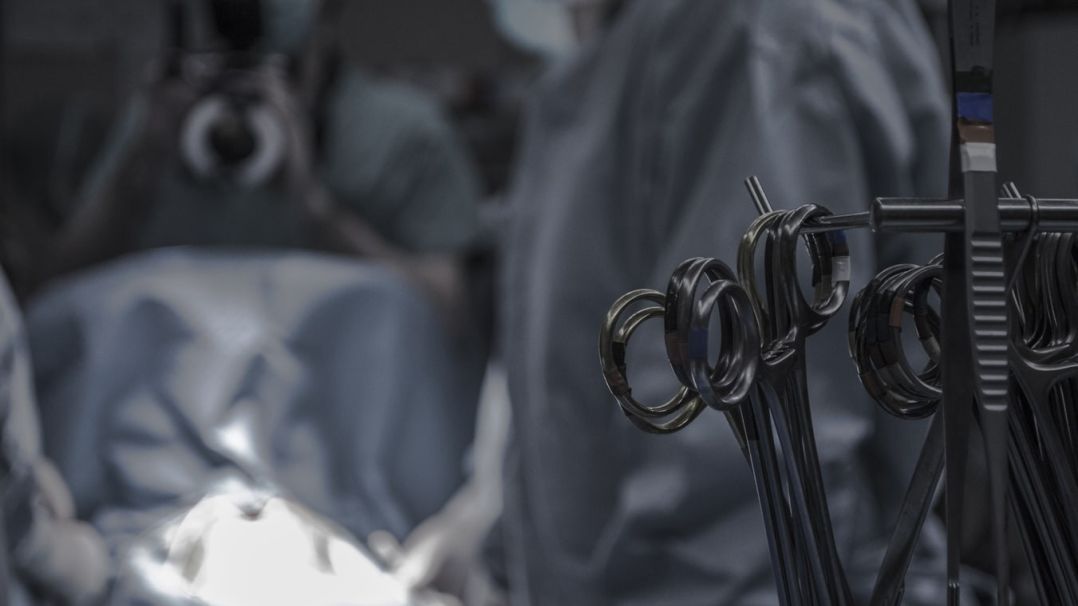Why the independent inquiry into Ian Paterson is going to have a monumental effect on Medical Indemnity
Why the Ian Paterson case will have a monumental effect on the Medical Malpractice Industry and your Policy
Insight
February 19, 2020

Why the independent inquiry into Ian Paterson is going to have a monumental effect on Medical Indemnity
Paterson who is now serving a 20-year prison sentence was discovered to be negligent (malpractice) for 17 counts of wounding with intent, having performed needless surgeries to trusting patients who had not consented to the procedures.As a result, an independent inquiry has recommended the recall of 11,000 patients for their surgeries to be reassessed and furthermore, recommendations have been made to mitigate scenarios of this nature from occurring in the future. Such recommendations include:How practitioners are indemnified and regulated to safeguard appropriate corporate accountability in the private medical sector.Availability of information about practitioner performance to the public.Investigating healthcare professionals’ practice and behaviour.Regarding Medical Indemnity, the inquiry states:
“Medical defence organisations cover the costs of claims and damages awarded to patients. However, they are not subject to financial conduct regulation, and the indemnity cover they provide is discretionary. The Medical Defence Union used its discretion to withdraw cover since Paterson’s activity was criminal. This left patients without cover”. – page 220.
It is the discretionary nature of a medical defence organisations’ membership (they do not provide contract certain policies) that leave practitioners and patients vulnerable. In the case of the Paterson case, the Spire paid out £27.2m to patients for malpractice. Please read my article on vicarious liability to find out why.The Inquiry further goes on to say:
“We recommend that the Government should, as a matter of urgency, reform the current regulation of indemnity products for healthcare professionals, in light of the serious shortcomings identified by the Inquiry, and introduce a nationwide safety net to ensure patients are not disadvantaged” – Page 221.
A government consultation paper, assessing the appropriate clinical negligence cover was released last year to ensure against circumstances whereby an effected patient goes uncompensated, where there is proven circumstance of negligence or mis-diagnosis.The outcome from this consultation is still forthcoming and is likely to have a substantial effect on minimum indemnity requirements for which medical defence organisations will be heavily affected because:They do not offer contract certain policies (discretionary cover only).They are not regulated by a regulatory body.They do not have to prove and ensure financial solvency.They do not have to operate under financial conduct regulations.To learn more about the this, please read my commercial insurance for medical indemnity article.It is essential for practitioners to review their indemnity arrangements now more than ever. The world is changing, the nature of claims are also changing and as a consequence practitioners, entities and medical groups are left exposed, without even knowing it.
To get more information and to learn more about the changes in medical indemnity contact Dr Edwin Rajadurai.Switch Board: +44 (0)207 846 9010



